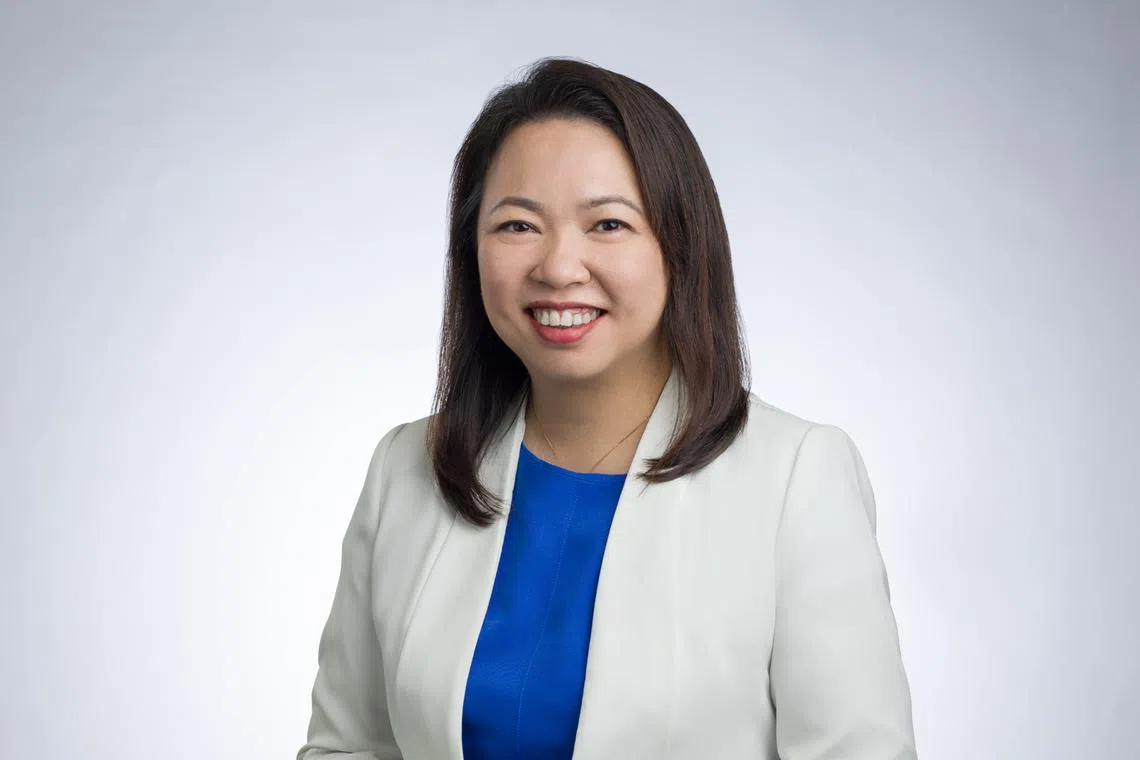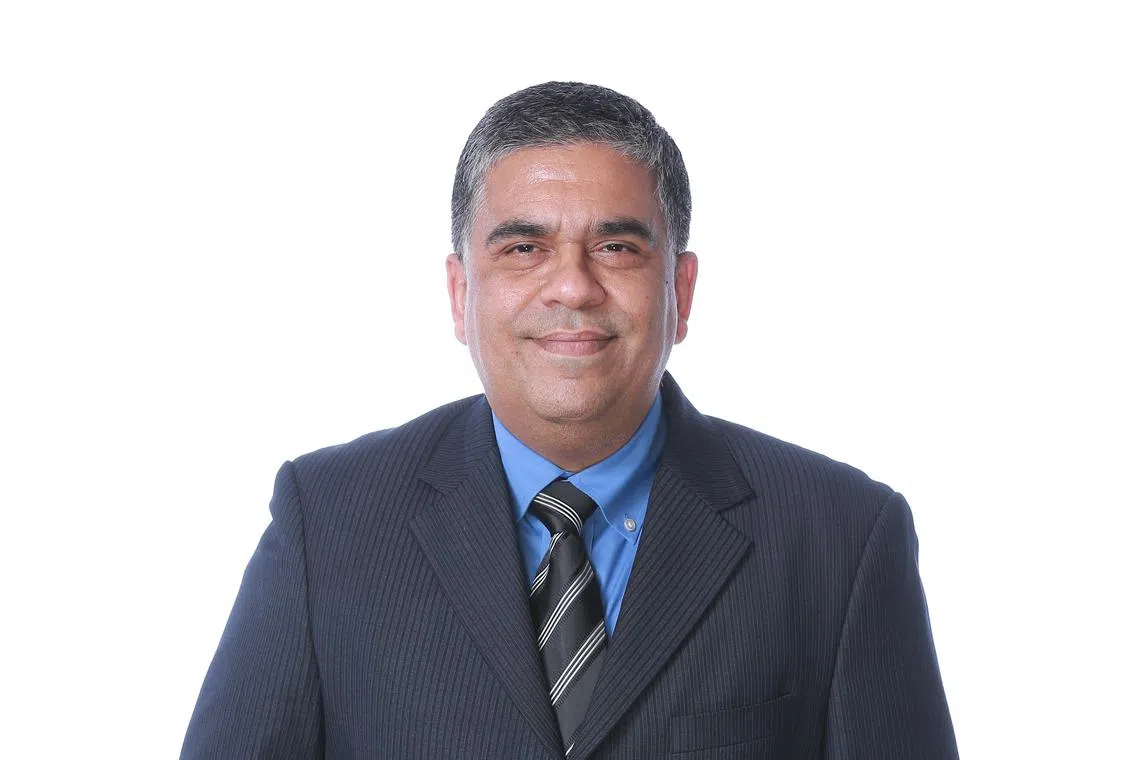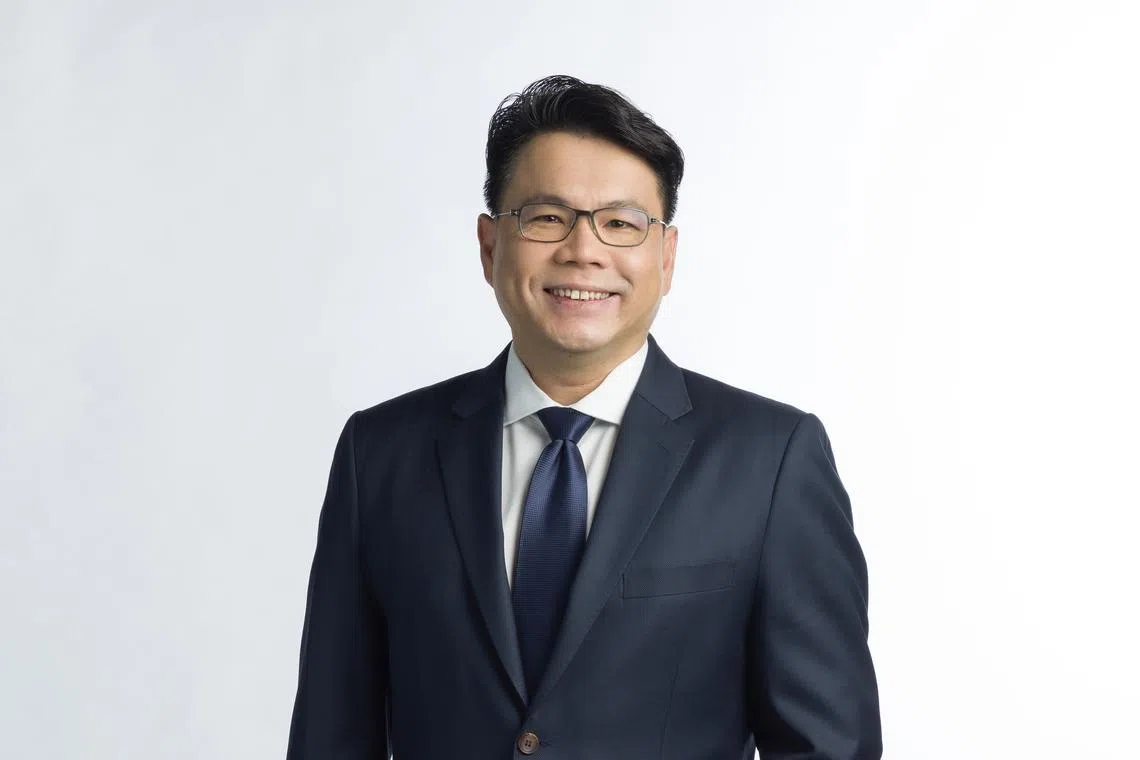CFOs come to the fore in financial crunch times
In times of extreme market volatility and uncertainty, such as the current global macroeconomic climate, the prime number crunchers are thrust into the limelight

UNLIKE chief executive officers and chairpersons of the board of directors, chief financial officers (CFOs) are not typically seen as the public faces of companies.
But in times of extreme market volatility and uncertainty, such as the current global macroeconomic climate, the prime number crunchers are thrust into the limelight.
Disruptions to the financial landscape by “high interest rates, high borrowings, high inflation, currency fluctuations, geopolitical tensions, and the risk of a recession” are changing how companies and investors look at numbers and financial stewardship, said Yiong Yim Ming, group CFO of real estate giant City Developments (CDL).
“Rising interest rates tend to weigh (on) stock valuations as they drag on corporate profits and limit companies’ growth potential and acquisitions may not be accretive. Earnings projections are often muted due to the probability of slower economic growth, persistent inflation, and elevated interest rates,” Yiong said.
“This alters the equity market landscape as investors focus on companies’ efforts to improve or enhance their working capital and strategically handle increasing financing costs,” she added. “This is an opportunity for us as CFOs to demonstrate our strength in managing the working-capital efficiency and capital management on the treasury front.”
Yiong has been named Best CFO for large-cap companies with market capitalisation of above S$1 billion at the Singapore Corporate Awards (SCA) 2023.
Navigate Asia in
a new global order
Get the insights delivered to your inbox.
Parag Sachdeva, CFO of canned food brand Del Monte Pacific , agrees that there are opportunities arising from the “unprecedented macroeconomic conditions”.
“The silver lining is that it is requiring us to address the company’s capital structure and embrace improvement in inventory and working capital management across the business,” he said.
“(The current conditions) certainly require more attention to companies’ balance sheets and a balanced capital management strategy,” Sachdeva added.
Sachdeva has won the Best CFO award for mid-cap companies with market capitalisation of between S$300 million and S$1 billion.
A common theme among the winners of the Best CFO awards at SCA this year appears to be a positive attitude towards challenges.
Teh Tiong Jim, group head corporate development at ready-mix concrete supplier Pan-United Corporation , too believes there are “definitely” opportunities amid the turbulence.
“We anticipate and face up to the challenges to make us stronger and more prepared for the future,” said the 20-year investment banking veteran, who also holds the role of CFO at the company.
Among other things, Teh said the challenges “actually help to create a culture of continuous learning and development”.
He has won the Best CFO award for small-cap companies with market capitalisation of below S$300 million.
Building for the future
The way CDL’s Yiong describes it, CFOs today have to be “deft jugglers of competing priorities”.
“Given the unpredictable economic and business environment, CFOs must stay agile and flexible to adapt to market risks swiftly,” Yiong said. “We must be sharper in our forecasting and keep a hawk-eye on liquidity and cash flow while also proactively leveraging sufficient capital to be an enabler of growth for the company.”
“To do this effectively, digitalisation and real-time data are key process game changers,” she added.

For the full year ended Dec 31, 2022, CDL posted record earnings of S$1.3 billion – the highest since the group’s inception in 1963 – up from S$84.7 million in FY2021.
The improvement was led by divestment gains, including the sale of Millennium Hilton Seoul and the gain on the deconsolidation of CDL Hospitality Trusts (CDLHT) from the group following the distribution in specie of CDLHT units in the first half of FY2022.
Earnings were also boosted by the completion of the collective sales of Tanglin Shopping Centre and Golden Mile Complex – where CDL owns share values and strata areas – in the second half of FY2022.
CDL said it was able to recognise significant capital gains because the assets were held at book value over a long period of time.
“This is a testament to the group’s ability to extract value at the most opportune time, enabling strong capital recycling,” it said in a statement.
FY2022 revenue jumped 25.4 per cent to S$3.3 billion, led by contribution from three property development projects in Singapore – Amber Park, Haus on Handy and Irwell Hill Residences.
CDL’s hotel operations segment also reported a 58.1 per cent increase in revenue and 91 per cent growth in revenue per available room (RevPAR) on the back of a recovery in travel demand.
“Our record profit performance last year, driven by significant divestments, provided us with the significant cash to make several recent strategic acquisitions that would add value to our portfolio,” Yiong said.
Since the start of 2023, CDL has acquired trophy assets such as St Katharine Docks in Central London, two hotel assets in Brisbane and Seoul, as well as expanded its private rented sector portfolio with two assets in Osaka.
“These acquisitions are aligned with the group’s goals to advance our global presence in tandem with our land replenishment strategy in Singapore,” Yiong said. “We remain optimistic about overseas investments as we believe it is an opportune time to make opportunistic acquisitions and strengthen our market position.”
“In addition, we remain focused on extracting value from our current assets while pursuing our fund management ambitions,” she added.
According to its latest announcement, CDL is sitting on cash reserves of S$2.1 billion as at end-June 2023, with cash and available undrawn committed bank facilities totalling S$3.4 billion.
Average borrowing costs have risen to 4.1 per cent as at end-June, from 2.4 per cent as at end-December 2022. This is mainly due to interest rate hikes in the key markets where the group operates.
“With the markets under pressure, investment opportunities have also emerged. However, we need to be cautious with such opportunities,” Yiong said.
“Risks and rewards often go hand in hand, so it is important to assess the risks alongside the opportunities and make balanced decision-making.”
Can-do spirit
Del Monte Pacific’s Sachdeva is certainly feeling the pressure, with the food-and-beverage company facing “unprecedented inflation, high interest rates and (issues around) supply chain reliability”.
“In a high inflationary environment, (we need) to think out of the box to reduce waste and drive productivity across the supply chain as well as infrastructure, (which are) fixed costs,” Sachdeva said. “It requires us to drive revenue or volume growth through offerings and packaging formats that deliver ‘value and affordability’, such as smaller packs and multi packs.”

For the full year ended April 2023, Del Monte Pacific’s revenue gained 3.4 per cent to US$2.4 billion on higher US and International sales.
However, higher costs dragged gross profit and Ebitda (earnings before interest, taxes, depreciation, and amortisation) down 2.5 per cent and 6.2 per cent to US$607 million and US$329.7 million, respectively.
Earnings tumbled 83.1 per cent to US$16.9 million, largely due to one-off costs of US$55.2 million.
Del Monte Pacific said it will focus on working capital improvements in FY2024, especially inventory reduction, to generate more cash flow and strengthen the balance sheet.
The group’s cash and cash equivalents stood at US$19.8 million as at end-April.
On top of driving productivity and efficiency, Sachdeva said the group aims to overcome some of the challenges it faces by digitising demand and supply planning to improve reliability.
In the near term, his priorities include working to help improve Del Monte Pacific’s gross margin, optimise working capital, and support the group’s strategy for a more balanced capital structure.
In addition, Del Monte Pacific is also looking to continually lower the waste it generates, Sachdeva said.
For example, subsidiary Del Monte Philippines has developed an Extended Producer Responsibility Programme to be implemented from this year in collaboration with a waste management company to recycle plastic waste.
“Finance can play a pivotal role as a business partner in driving results and at the same time improving corporate governance and sustainability,” Sachdeva said.
Sustainability also ranks high on the priorities of Pan-United Corp, the ready-mix concrete provider that Teh describes as “not a brick-and-mortar organisation”.
Cementing pole position
Amid the ongoing macroeconomic challenges, he said the company will have to continue to innovate and develop new, sustainable and low-carbon concrete products that are at the forefront of sustainable technologies.
Some of his other priorities for Pan-United Corp in the near term include roping in the entire organisation to be involved in its decarbonisation efforts, as well as to continue on the digitalisation of its business processes and supply chain management.
“We continue to innovate as an industry leader, to transform our field of business beyond the local into the global context, in the areas of low-carbon concrete technology and industry digitalisation,” Teh said.

The way he sees it, Pan-United Corp managed to tide through the pandemic due to its financial resilience.
“Our board and management have always acknowledged the importance of capital and risk management,” Teh said. “With our strong balance sheet position, we are able to continually invest in our core business, identify and develop new technologies for our businesses and products, and importantly, develop and upscale our people.”
For the full year ended December 2022, Pan-United Corp’s earnings rose 25 per cent to S$23.4 million, from S$18.7 million in the year-ago period. Excluding discontinued operations, net attributable profit would have increased 42 per cent to S$27.5 million.
Revenue from continuing operations climbed 20 per cent to S$703.3 million, driven by higher contribution from its Concrete and Cement business.
As at end-June, Pan-United Corp’s cash and cash equivalents stood at S$67.7 million, according to latest filings.
Among other things, Teh said the group will have to leverage on technology to improve efficiency and reduce resources in order to mitigate the high costs of doing business, be financially prudent and maintain its financial resilience, and establish guard rails and contingency plans to manage its risks.
While Pan-United Corp has performed credibly amid the headwinds, Teh cautioned: “The global environment is still very uncertain.”
Indeed, in times like these, the quality of companies’ CFOs is put to the test. And this trio of award winners appear to have passed with flying colours.
Decoding Asia newsletter: your guide to navigating Asia in a new global order. Sign up here to get Decoding Asia newsletter. Delivered to your inbox. Free.
Copyright SPH Media. All rights reserved.




